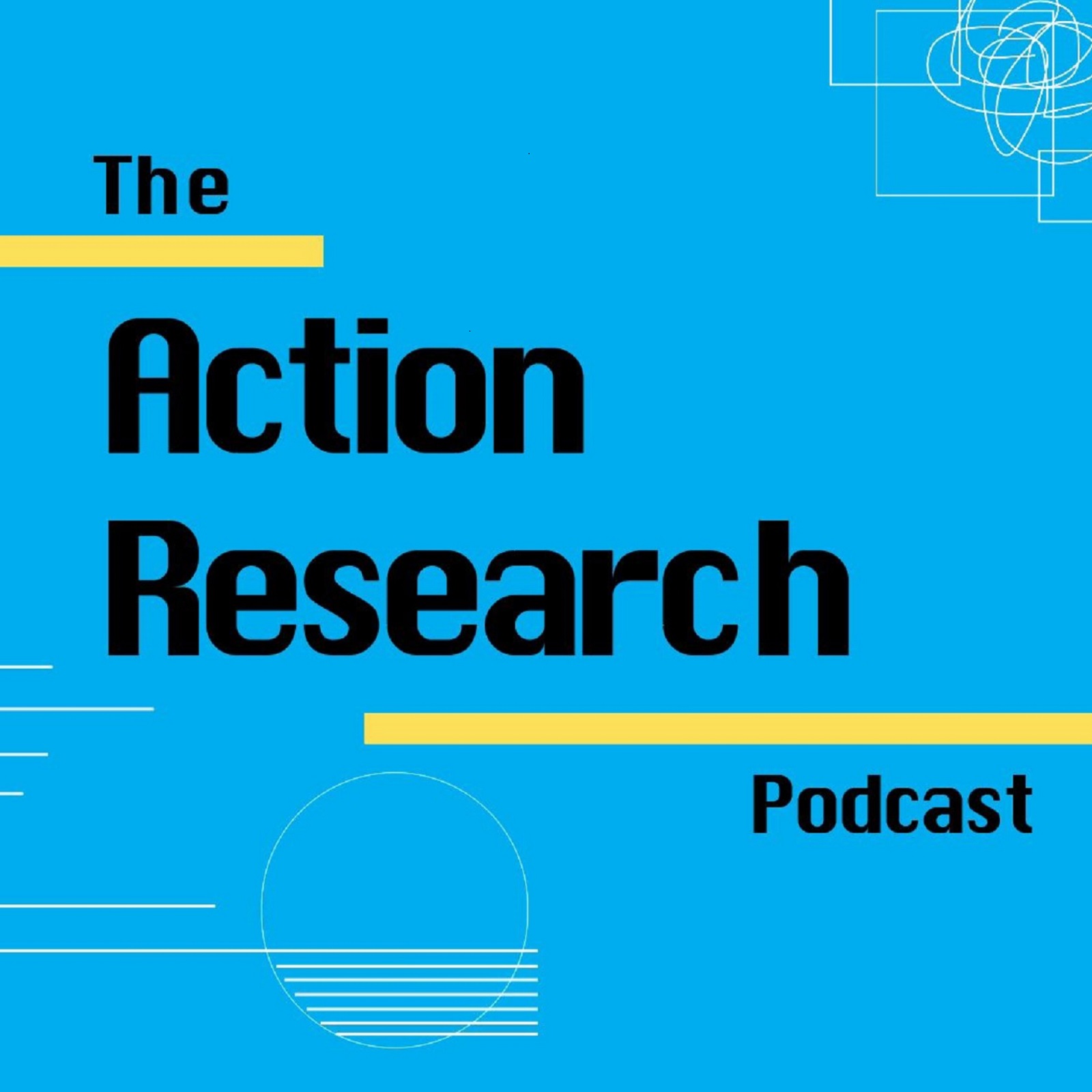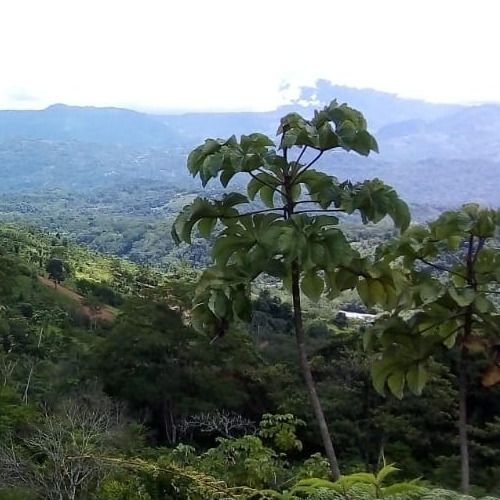Episode 18- What is Community-Based Participatory Action Research? with Adam and Joe
Sometimes, it’s just important to define ideas. In this episode, Adam, and Joe talk about some of the key definitions, principles, and differences between Community Based Participatory Action Research (CBPAR) and other types of Action Research.
The conversation opens with a “mini-lecture” from Joe where he talks about action research, participatory action research and CBPAR (1:55). Talking about these concepts theoretically shows some interesting and important differences between these different kinds of action research. However, when Adam and Joe start talking about the practicality of these paradigms they uncover the messiness that action researchers face. The conversation gets deeper as Adam and Joe discuss their experiences in the field and how to overcome the complexity of Action Research in action (and CBPAR in particular) (14:52). The conversation wraps up with some hard-hitting questions such as, what makes for quality action research or participatory action research or community-based participatory action research? (44:56). Who is that knowledge being disseminated to and why? (49:32). These are just the highlights, tune-in to know more!
SPECIAL ANNOUNCEMENT: If you are interested in Action Research, be sure to sign up for the 2021 Action Research Network of the Americas (ARNA) Annual Conference to be held (Virtually) on the 3, 10 and 17 of June. For more details you can go to their website: https://arnawebsite.org/
References
Brydon‐Miller, M. (1997). Participatory action research: Psychology and social change. Journal of Social Issues, 53(4), 657-666.
Collins, S. E., Clifasefi, S. L., Stanton, J., Straits, K. J., Gil-Kashiwabara, E., Rodriguez Espinosa, P., ... & Wallerstein, N. (2018). Community-based participatory research (CBPR): Towards equitable involvement of community in psychology research. American Psychologist, 73(7), 884.
Gullion, J. S., & Tilton, A. (2020). Researching with: A decolonizing approach to community-based action research. Brill Sense.
Israel, B. A., Schulz, A. J., Parker, E. A., & Becker, A. B. (1998). Review of community-based research: assessing partnership approaches to improve public health. Annual review of public health, 19(1), 173-202.
Johnson, K. M., & Levitan, J. (2020). Identity, culture, and iterative curriculum development: Collaborating with girls from Indigenous communities to Improve education. International Journal of Student Voice, 7.
Kelly, P. J. (2005). Practical suggestions for community interventions using participatory action research. Public Health Nursing, 22(1), 65-73.
Levitan, J., Carr-Chellman, D., & Carr-Chellman, A. (2020). Accidental ethnography: A method for practitioner-based education research. Action Research, 18(3), 336-352.
Levitan, J., & Johnson, K. M. (2020). Salir adelante: Collaboratively developing culturally grounded curriculum with marginalized communities. American Journal of Education, 126(2), 195-230.
MacDonald, C. (2012). Understanding participatory action research: A qualitative research methodology option. The Canadian Journal of Action Research, 13(2), 34-50.
Maguire, P. (2006). Uneven ground: Feminisms and action research. Handbook of action research: Concise paperback edition, 60-70.
McIntyre, J. (2002). Critical systemic praxis for social and environmental justice: a case study of management, governance, and policy. Systemic Practice and Action Research, 15(1), 3-35.
McTaggart, R., Nixon, R., & Kemmis, S. (2017). Critical participatory action research. In The Palgrave international handbook of action research (pp. 21-35). Palgrave Macmillan, New York.
Stanton, C. R. (2014). Crossing methodological borders: Decolonizing community-based participatory research. Qualitative Inquiry, 20(5), 573-583.
Peltier, C. (2018). An application of two-eyed seeing: Indigenous research methods with participatory action research. International Journal of Qualitative Methods, 17(1), 1609406918812346.
Rowell, L. L., Bruce, C. D., Shosh, J. M., & Riel, M. M. (Eds.). (2017). The Palgrave international handbook of action research. New York, NY: Palgrave Macmillan.
Stringer, E. T., & Aragón, A. O. (2020). Action research. Sage publications.
**If you have your own questions about Action Research or want to share any feedback, contact us on Twitter @The_ARpod or write to us at ActionResearchPod@gmail.com.**

